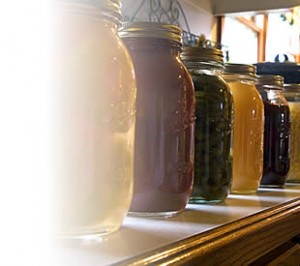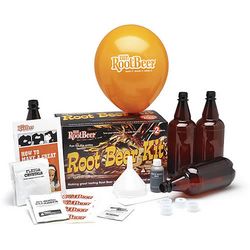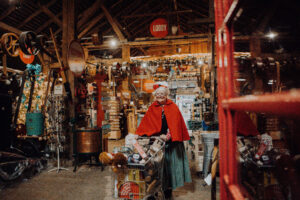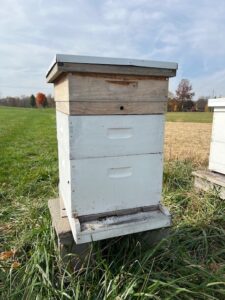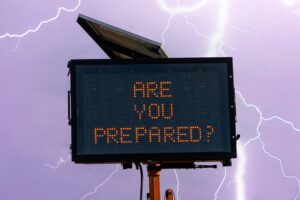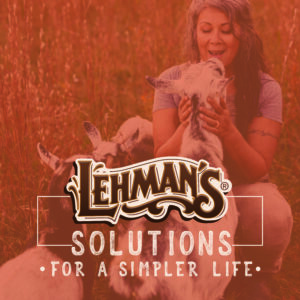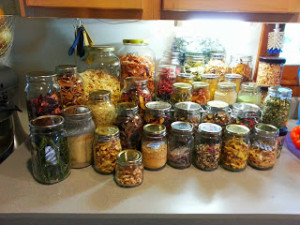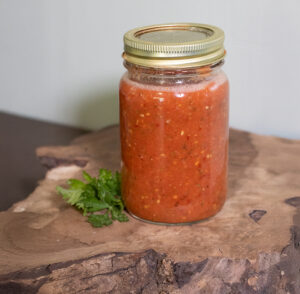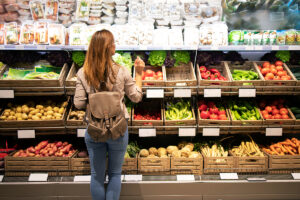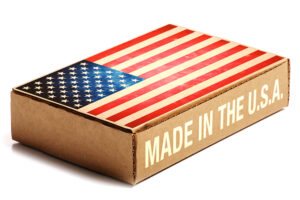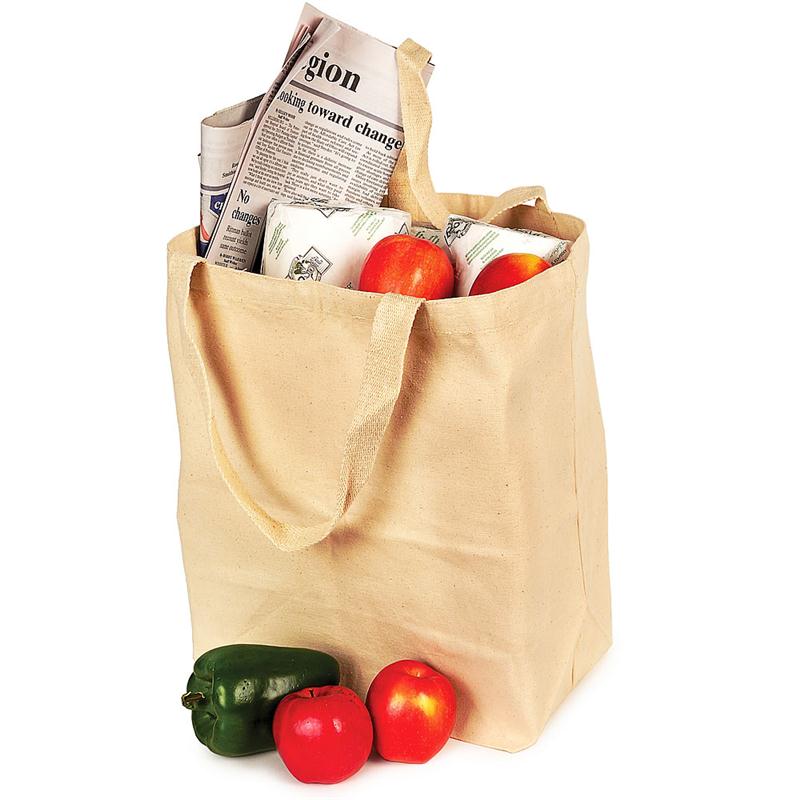
Plastic bags are ubiquitous in the United States! We use 100 billion plastic bags each year. That number is too large for me to wrap my mind around. The retail industry spends $4 billion on these bags. That’s an awful lot of money for something that generally lands right in the trash stream.
Less than 3% of plastic bags are recycled in the USA. Plastic bags are petroleum products. Producing this volume of bags contributes to air pollution and energy consumption. It takes 1000 years for a polyethylene bag to break down. It’s important to note that bags don’t biodegrade, they photodegrade. This means they break down into smaller and smaller toxic bits. Once they contaminate the soil or waterways they enter the food chain where animals consume them. This contributes to the endangerment of many at-risk species. The reality is that 1 billion seabirds and mammals die each year because they consume plastic bags. It’s a slow and painful way to die. Right now, fewer than 5% of US shoppers take advantage of reusable bags but we can change that.
About five years ago my community got serious about becoming bag-free. We started something called Bagshare Project. Several times a year men, woman, children and community groups gather at our community sewing center and make bags out of donated fabric and upholstery scraps.
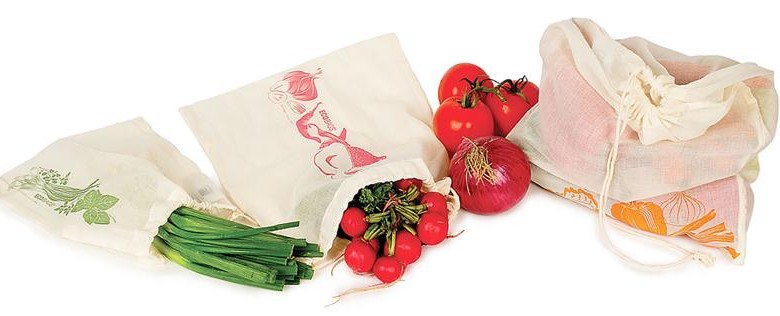
As a result of months of sewing circles, our community grocery store is now plastic grocery bag-free. That may be a very small drop in the ocean of plastic bags out there but it’s still a pretty impressive accomplishment for a town as small as ours. The heart and soul behind the bagshare, Leni Freid, has taken her project to the wider community and several other stores in much larger towns have followed our bag-free lead.
As much as I enjoy sewing bags, it’s just not possible for everybody. Fortunately, several companies are producing reusable bags. I particularly like Eco Bags. They make a large shopping tote, a smaller produce bag and a lunch sack. I use all three sizes and I have become a real fan. They’re sturdy and machine washable.
Here are a couple of hints for getting the most out of your bags. Keep a set of bags in your car or on the back of your bike. They do no good sitting in the pantry at home. As soon as you empty a bag, put it back where you will be sure to see it, so you’ll take it to the store or farmstand.
Instead of grabbing a plastic bag from the store roll for grocery produce, use a produce sack. These can be washed if they become soiled although I would suggest a hand wash rather than machine. Don’t use your bags just for groceries. Take them wherever you shop.
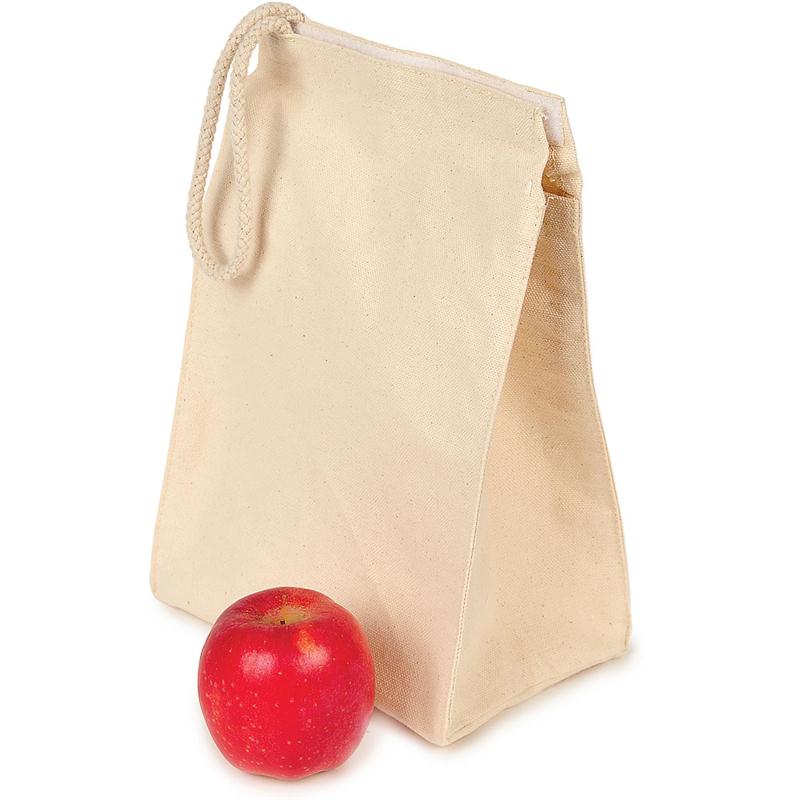
I brought mine to the computer shop recently, and used it for the new router I purchased (the better to blog for you, my dear). My husband has gotten into the act as long as the bag is plain. He was less enthusiastic when I handed him a flowered sack for his trip to the hardware store. I decorated my daughter’s lunch sack with some embroidery. She loves her custom bag.
At first, I had trouble getting used to reusables. I forgot them often, especially for quick trips to the co-op but now it’s second nature. I know it can seem as though much of what we do to live lighter on the planet is wasted effort. The problems are so big and our efforts so small but here’s the truth of it. We all have to do the small things.
We have to encourage and support others to do the same. Solutions to the world’s problems are unlikely to come from the big actions of the few but the small actions of the many. This is the only planet we have. We need to care.


